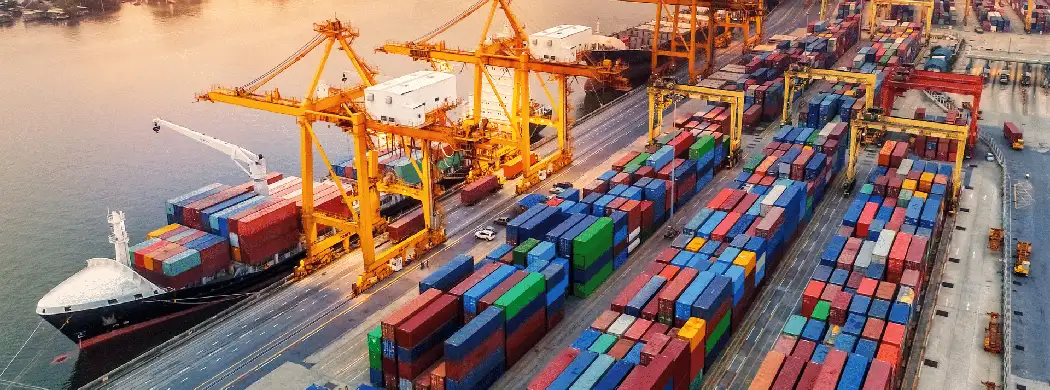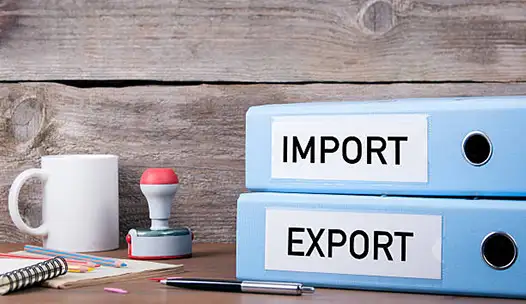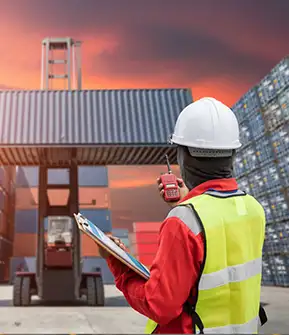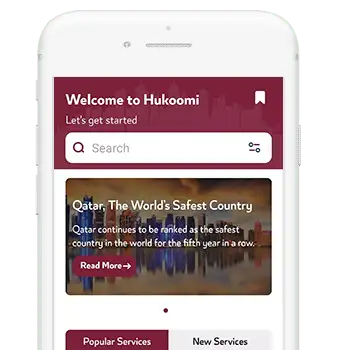That's great! Providing customs clearance services is crucial for businesses involved in international trade. Customs clearance involves ensuring that goods comply with all customs regulations and requirements, facilitating their smooth entry or exit from a country. Here's some information on how you can provide customs clearance services:
- Import and Export Procedures: As a customs clearance service provider, you would assist businesses with the import and export procedures required by customs authorities. This includes understanding and complying with documentation, licensing, and regulatory requirements specific to each country.
- Customs Documentation: You would help clients prepare and complete the necessary customs documentation, such as import/export declarations, commercial invoices, packing lists, certificates of origin, and other required paperwork. Ensuring accurate and timely completion of these documents is essential for smooth customs clearance.
- Tariff Classification: You would assist clients in determining the correct classification of their goods under the Harmonized System (HS) codes. HS codes are used to classify products for customs purposes and determine applicable customs duties, taxes, and regulations. Expertise in tariff classification can help clients optimize their customs duties and ensure compliance.
- Customs Valuation: You would guide clients in determining the customs value of their goods, which is crucial for calculating customs duties and taxes. Customs valuation involves accurately assessing the value of goods based on international valuation methods and adhering to customs regulations to prevent any potential disputes.
- Duties and Taxes Calculation: You would provide expertise in calculating the applicable customs duties, taxes, and fees based on the specific goods being imported or exported. This includes understanding the customs tariff schedules, preferential trade agreements, and any exemptions or special provisions that may apply.
- Customs Clearance Process: You would navigate the customs clearance process on behalf of your clients, coordinating with customs authorities and other relevant parties. This involves submitting documentation, paying duties and taxes, facilitating inspections, and ensuring compliance with customs regulations and procedures.
- Customs Brokerage: If permitted by local regulations, you may act as a customs broker, representing clients in customs matters and providing expert advice on customs compliance. This may involve liaising with customs authorities, resolving customs-related issues, and representing clients during customs audits or investigations.
It's crucial to stay updated on customs regulations, trade agreements, and any changes in customs procedures to provide accurate and reliable customs clearance services. Building strong relationships with customs authorities and maintaining a network of shipping agents, freight forwarders, and other relevant parties can help streamline the customs clearance process.
Please note that customs regulations and procedures vary from country to country. It's essential to familiarize yourself with the specific customs requirements and regulations of the countries in which you operate or provide customs clearance services. Additionally, working closely with legal professionals and customs experts can ensure compliance with all applicable laws and regulations.




